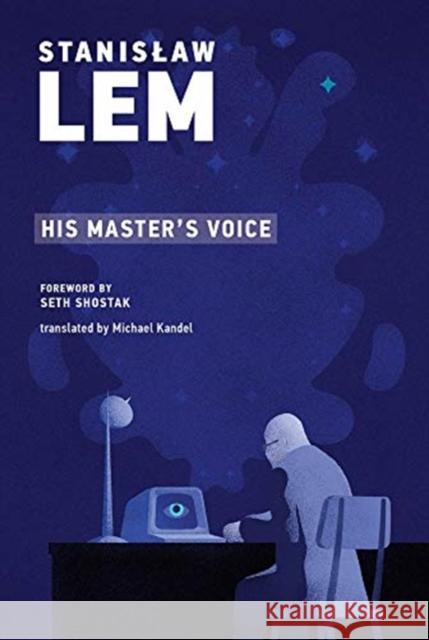His Master's Voice » książka
topmenu
His Master's Voice
ISBN-13: 9780262538459 / Angielski / Miękka / 2020 / 280 str.
His Master's Voice
ISBN-13: 9780262538459 / Angielski / Miękka / 2020 / 280 str.
cena promocyjna 68,06
(netto: 64,82 VAT: 5%)
75,62
Rabat: -10%
Najniższa cena z 30 dni: 74,78
(netto: 64,82 VAT: 5%)
Rabat: -10%
Najniższa cena z 30 dni: 74,78
Termin realizacji zamówienia:
20 dni roboczych
20 dni roboczych
Darmowa dostawa!
Zobacz inne książki w promocji: Polonica
Scientists attempt to decode what may be a message from intelligent beings in outer space.











